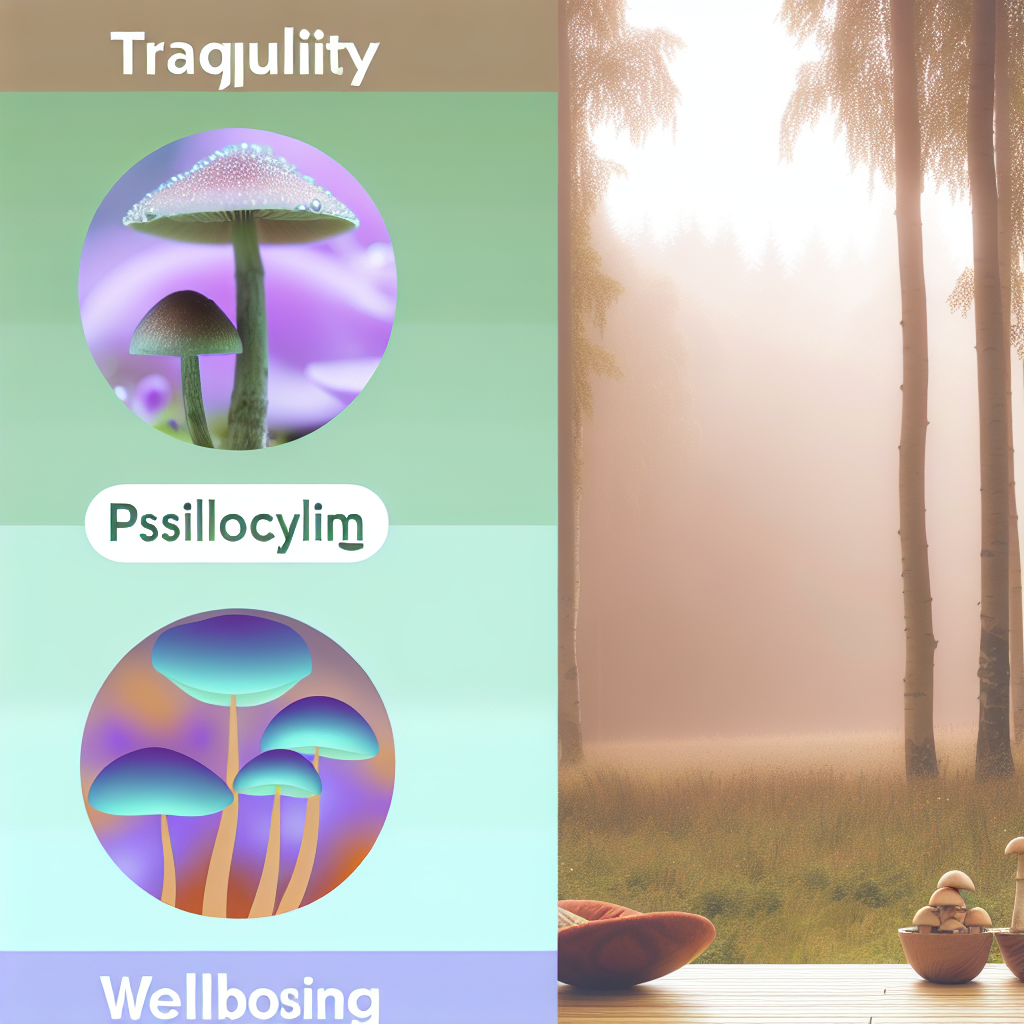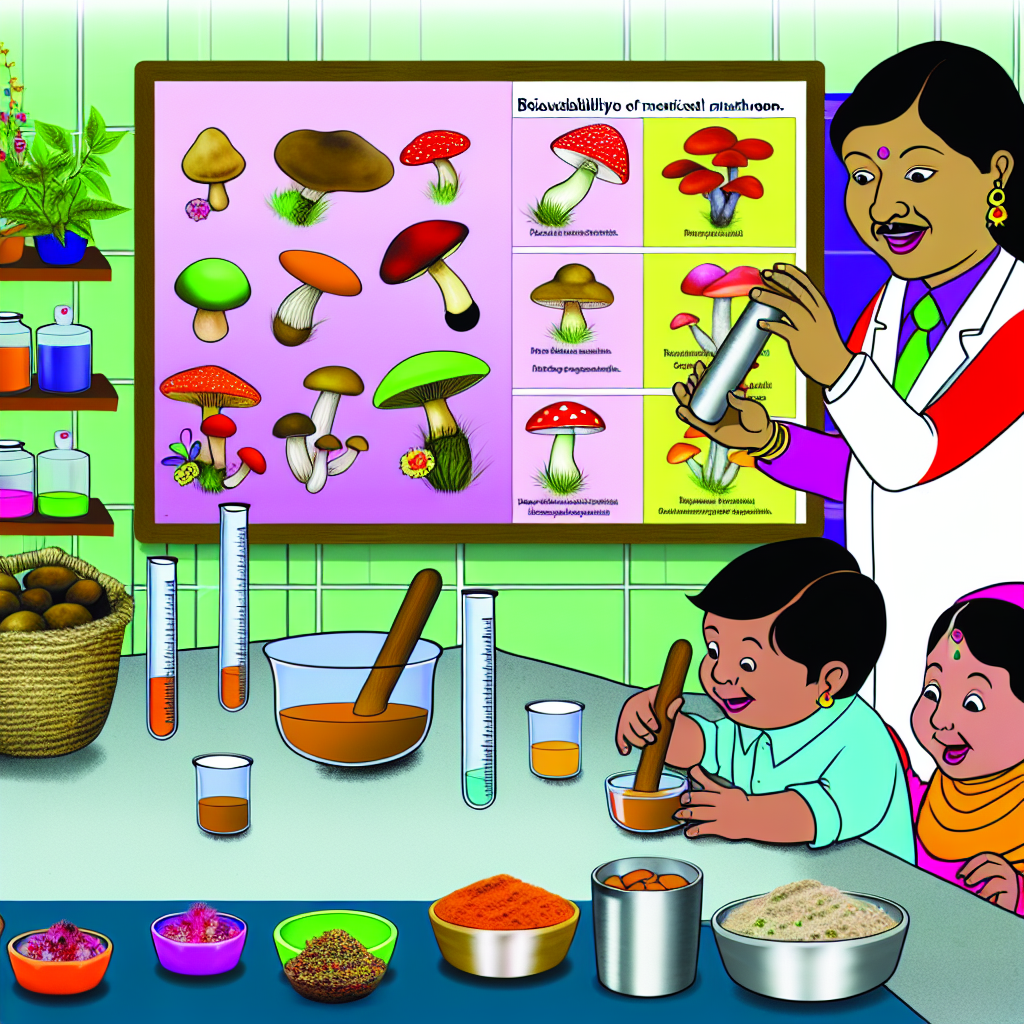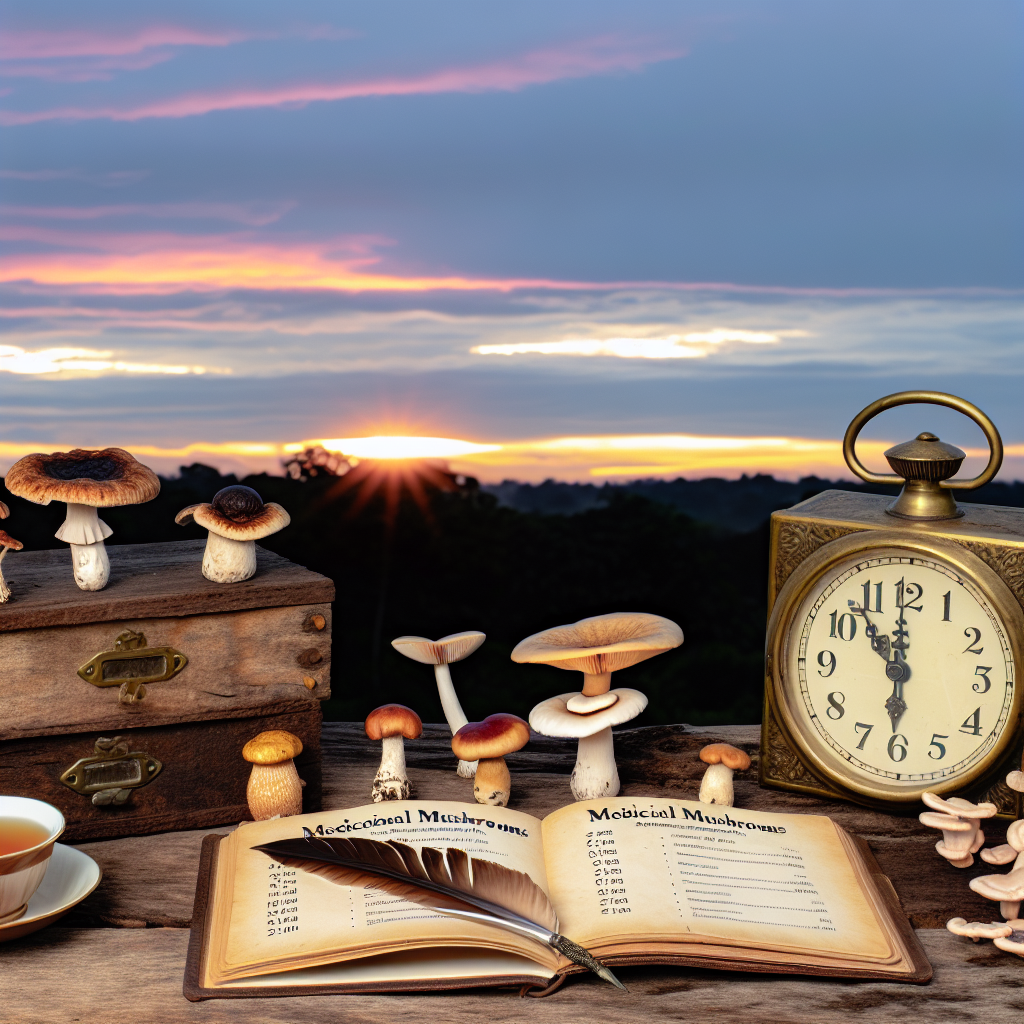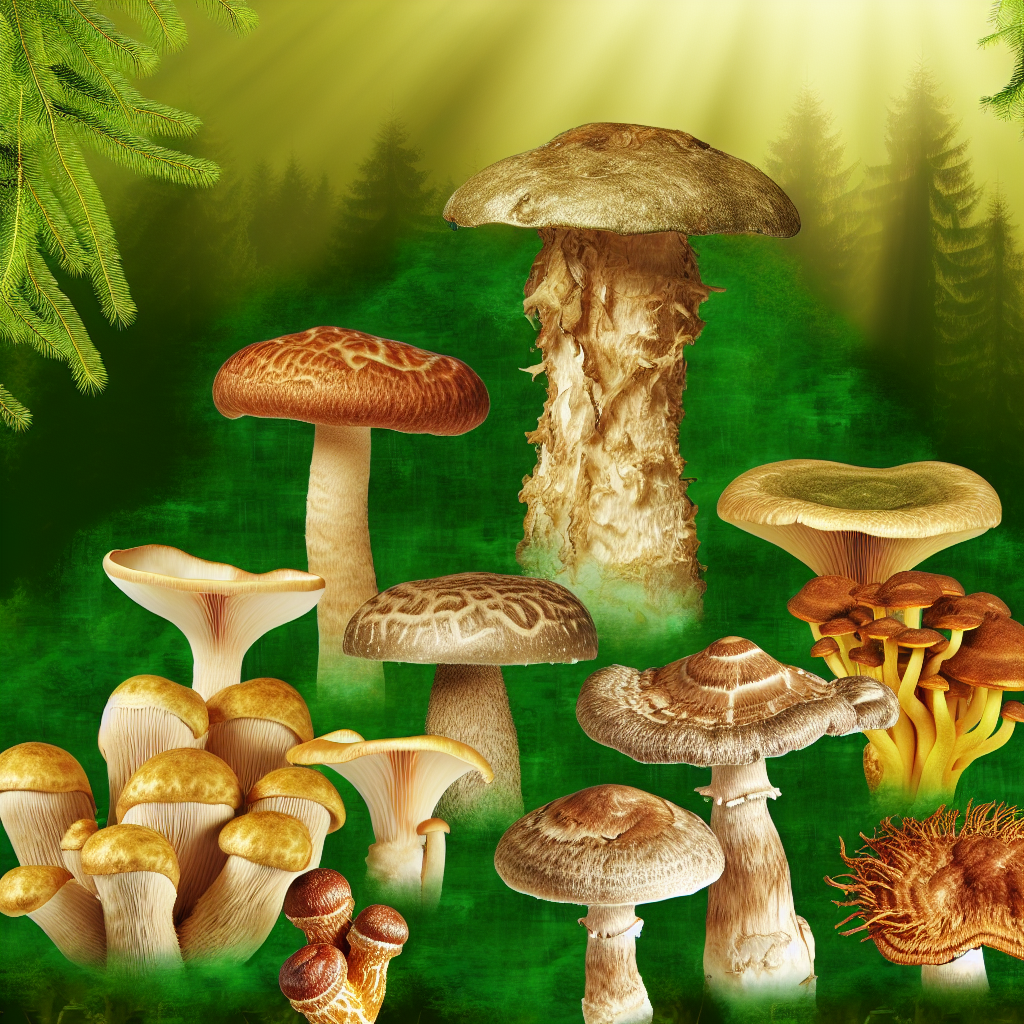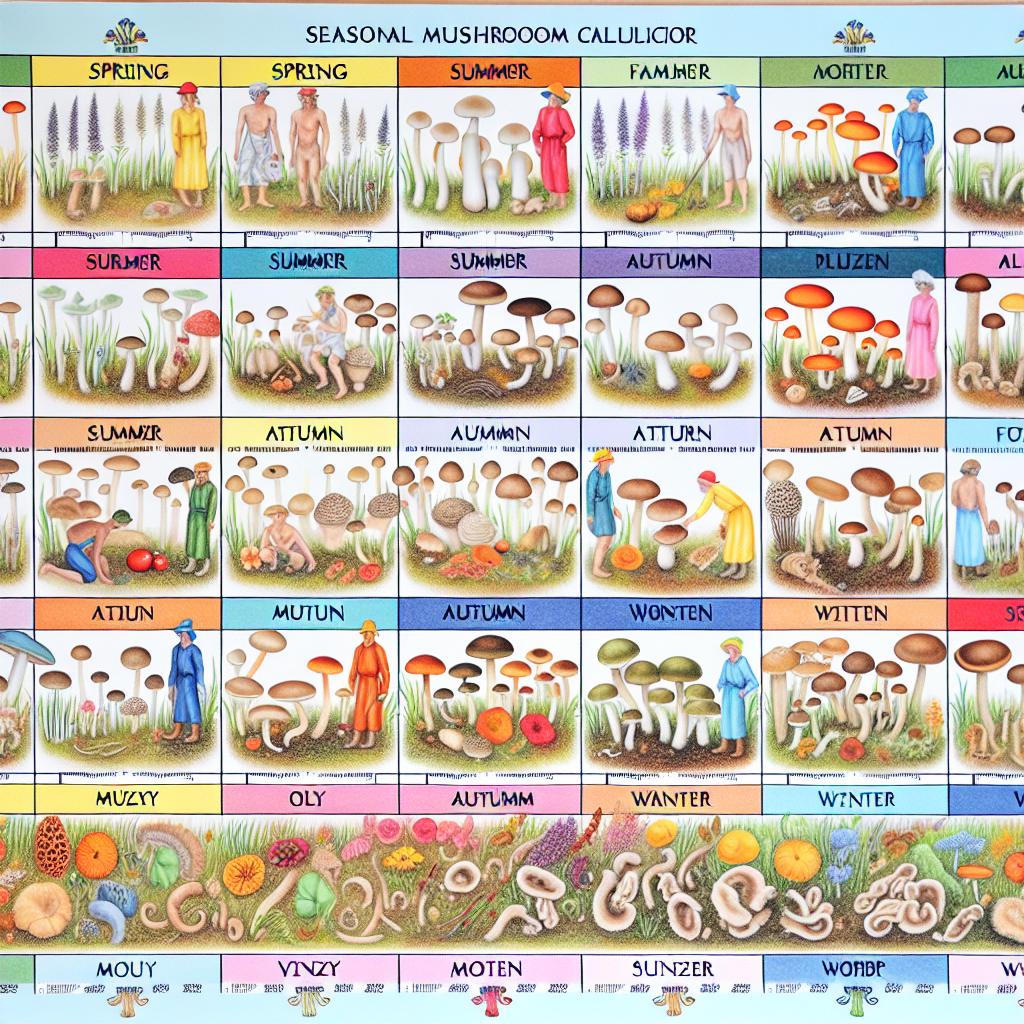Psilocybin Microdosing for Anxiety Relief: Safe Protocols and Best Practices
Psilocybin, the psychoactive compound in magic mushrooms, has captured the attention of mental health professionals and wellness enthusiasts. Microdosing, or taking sub-perceptual amounts, has shown promise in promoting mental clarity, emotional balance, and well-being. Particularly, anxiety relief has sparked significant interest, as anxiety disorders affect over 40 million adults in the U.S. alone.
This comprehensive guide delves into the science behind psilocybin microdosing and its potential for alleviating anxiety. It also outlines best practices for safe and effective microdosing, ensuring a mindful and informed journey.
The Science Behind Psilocybin Microdosing and Anxiety Relief
Early research suggests that psilocybin’s impressive anxiolytic (anxiety-reducing) properties may be active even at microdoses. A study by Johns Hopkins University found remarkable reductions in depression and anxiety among participants with major depressive disorder when using higher doses of psilocybin. Similarly, a large-scale survey analyzed over 8,500 global microdosers and reported significantly lower levels of anxiety and stress among users.
Researchers believe that psilocybin interacts with serotonin 2A receptors, restoring chemical balance, increasing neural plasticity, and strengthening pathways related to stress resilience and mood stabilization. Institutions like Imperial College London and MAPS are now sponsoring trials to further explore these effects, with preliminary data showing that microdosing can alter EEG brain activity in ways associated with calm, focus, and relief from anxious thinking.
Best Practices for Safe and Effective Microdosing
If you’re considering psilocybin microdosing for anxiety relief, adopting a safe, science-backed approach is essential. Key best practices include:
1. Start Low and Go Slow: Begin with 0.1 to 0.3 grams of dried psilocybin-containing mushrooms, as these amounts typically do not produce any hallucinogenic effects.
2. Use a Smart Schedule: The “Fadiman Protocol” is a popular routine: Dose every third day (Day 1: dose, Day 2: observe, Day 3: rest) to allow your system time to reset and reflect.
3. Track Your Journey: Keep a journal to log your mood, anxiety levels, and focus each day, as awareness is key to unlocking the full benefits.
4. Control Your Set and Setting: Even at sub-threshold doses, mindset and environment can influence effects, so choose peaceful, supportive settings for microdosing days.
5. Talk to a Professional: Consult a doctor or psychedelic-informed therapist, especially if you’re currently taking SSRIs or other psychiatric medications, as safety should always come first.
6. Dose Accurately and Use Pure Sources: Purchase from trusted cultivators and use a precision scale, as consistency is crucial for microdosing success.
7. Know the Legal Landscape: Laws are shifting quickly, and while regions like Oregon, Colorado, and parts of Canada allow for psilocybin use, others still criminalize it, so be informed before proceeding.
Psilocybin Microdosing: A Promising Alternative in Mental Health
Millions of people continue to battle anxiety every day, and for those looking beyond traditional treatments, psilocybin microdosing represents an exciting new frontier. From enhancing emotional regulation to rebalancing brain chemistry, the possibilities are as inspiring as they are impactful.
With the right guidance, consistent dosing, and legal permission, microdosing becomes a mindful, natural way to nurture emotional resilience. As public support grows and science catches up, we anticipate safer, evidence-backed microdosing protocols to become more widely accessible. Psilocybin’s role in mental health is no longer speculative—it’s a revolution in slow bloom.
Summary:
Psilocybin microdosing has shown promise in alleviating anxiety, with early research indicating its ability to restore chemical balance, increase neural plasticity, and strengthen pathways related to stress resilience and mood stabilization. By following safe and effective protocols, individuals can explore this natural alternative for managing anxiety, under the guidance of healthcare professionals. As the legal landscape evolves and scientific understanding deepens, psilocybin microdosing may become a more widely accessible and evidence-backed approach to mental health.
References:
[1] Johns Hopkins Medicine. (2020). Psilocybin produces substantial and sustained decreases in depression and anxiety in patients with life-threatening cancer. Read Study
[2] Polito, V., & Stevenson, R. J. (2021). A systematic study of microdosing psychedelics. Psychopharmacology, 238, 341–352. View Research
[3] Rootman, J. M., et al. (2022). Adults who microdose psychedelics report health-related motivations and lower anxiety and depression. Scientific Reports. See Results
[4] Nichols, D. E. (2016). Psychedelics. Pharmacological Reviews, 68(2), 264–355. Access Article

Dominic E. is a passionate filmmaker navigating the exciting intersection of art and science. By day, he delves into the complexities of the human body as a full-time medical writer, meticulously translating intricate medical concepts into accessible and engaging narratives. By night, he explores the boundless realm of cinematic storytelling, crafting narratives that evoke emotion and challenge perspectives. Film Student and Full-time Medical Writer for ContentVendor.com
